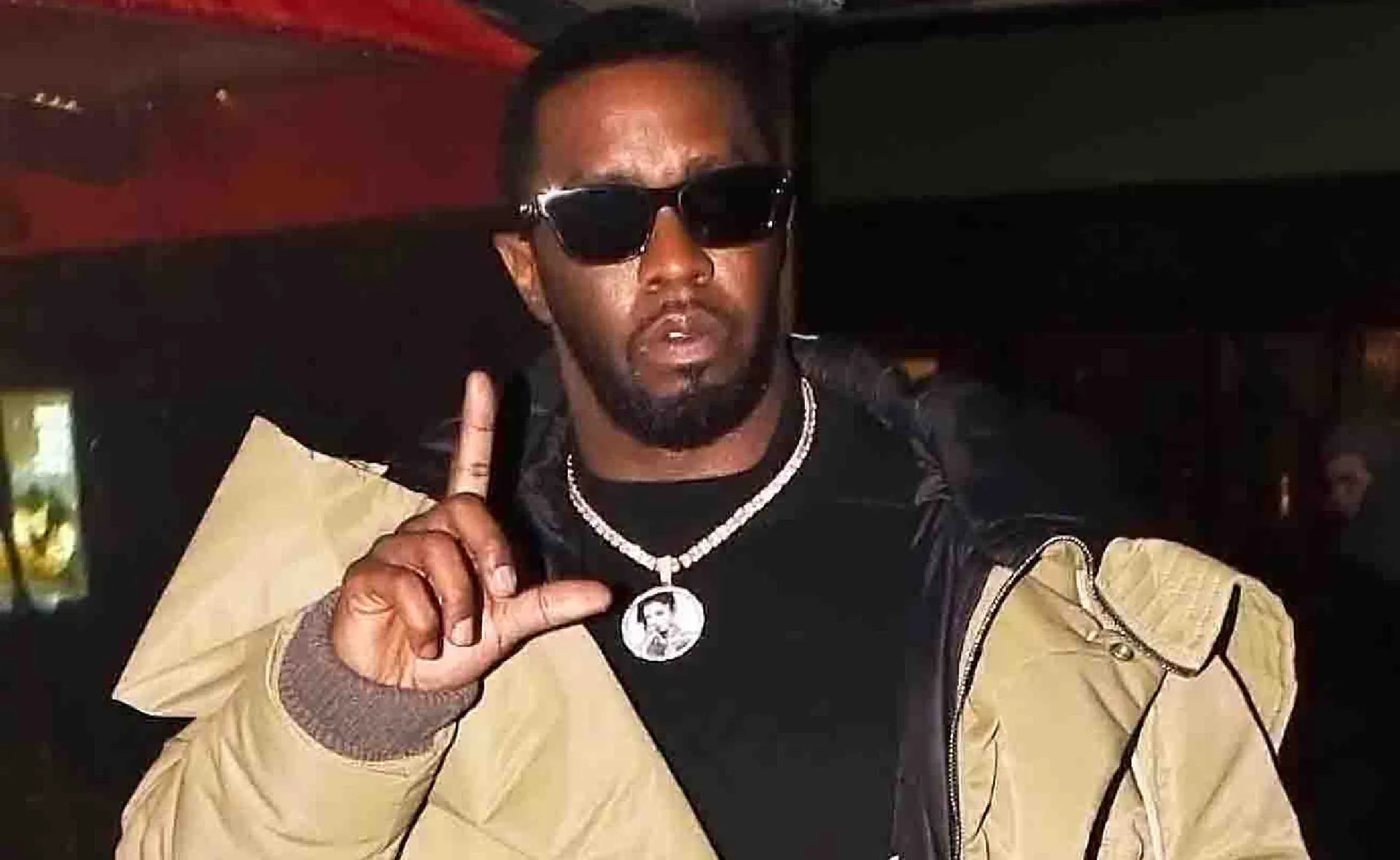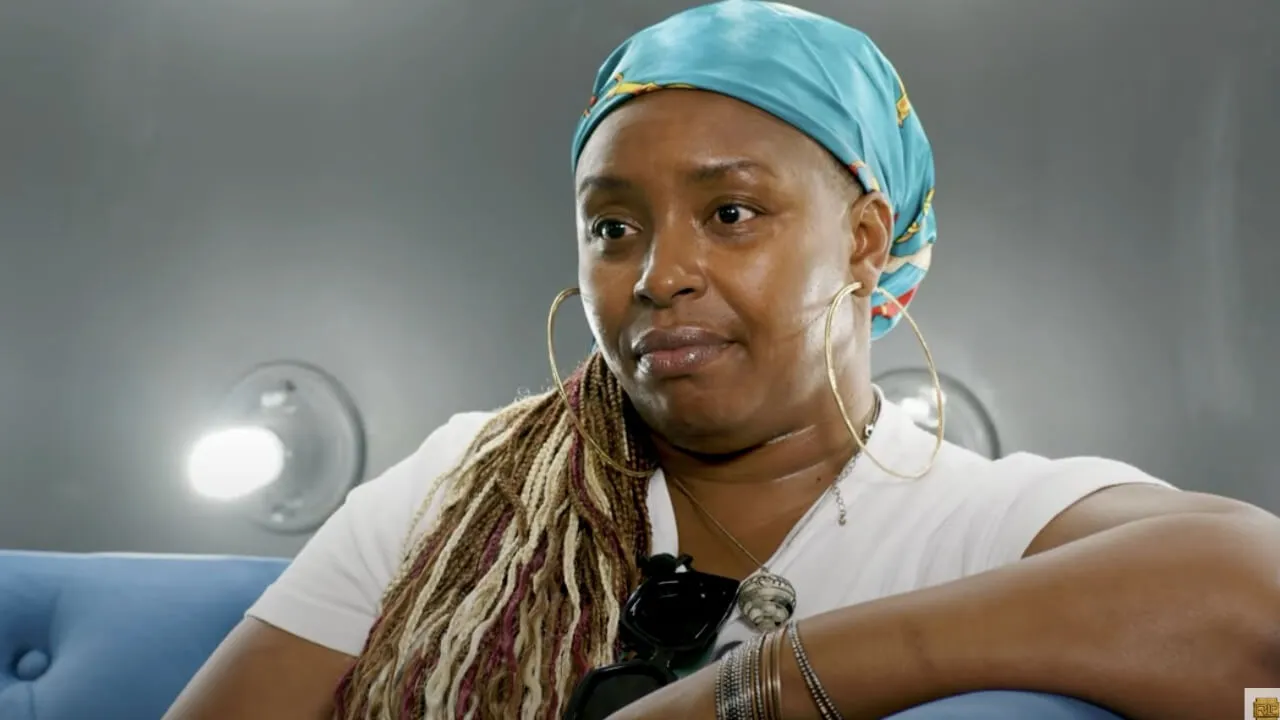When two extraordinary performers finally share a stage, the result is often magic. But beneath the spectacle can lie uneasy dynamics and unspoken tensions. The 2004 Grammy Awards performance by Prince and Beyoncé remains one of those rare moments in pop culture where awe meets vulnerability—and where one star admitted to being scared. This investigation explores the behind-the-scenes story of their collaboration, the lasting “call” between them, and the reason Prince reportedly felt a fear toward Beyoncé.

Setting the stage: two icons unite
In February 2004, at the 46th Annual Grammy Awards, Beyoncé and Prince performed together in what has since been referred to as one of the most memorable joint appearances in Grammy history. The set included riffs of “Purple Rain,” “Let’s Go Crazy,” and Beyoncé’s “Crazy in Love.” The mere announcement of their collaboration sent ripples through the music world.
Behind the scenes, Prince — known for his exacting standards, mystique, and sometimes elusive cooperation with the Grammys — had agreed to participate only under specific conditions. According to reporting, the Grammy producer said Prince phonedthem and insisted: “I want to be with Beyoncé.”Many insiders found this surprising: Prince rarely made such concrete calls to the awards organisers. Their alignment was not just artistic—it was strategic.
In her foreword to a photo-book about Prince titled Prince: A Private View, Beyoncé described his presence: “He walked into the rehearsals, dressed impeccably, greeted everyone with a shy almost mischievous smile and a commanding presence.” The dynamic was set: two heavyweights embarking on a performance that would cement both of their legacies.
The “call” and its meaning
Although the phrase “last call” may sound dramatic, the term in this context refers to the final communication or agreement between Prince and Beyoncé about the performance and perhaps the follow-through in their collaboration. While no public record quotes the exact phone call verbatim, multiple sources reference Prince initiating contact with the Grammy organisers asking to perform with Beyoncé.
Beyoncé rather than allow the opportunity to pass. But beyond logistics, there is anecdotal evidence—especially from Beyoncé’s own interviews—that the encounter left her feeling intimidated. In a published interview she said, “I was so scared!” of performing with Prince.
Why the fear? Part of it stems from his legendary reputation. Part of it stems from the sheer magnitude of performing beside someone of his calibre. But deeper still may be the reason Prince himself was, according to some, “scared” of Beyoncé.
Why Prince was scared of Beyoncé
At first glance it may appear counter-intuitive: He was Prince – the Purple One, innovator, superstar. Why would he fear Beyoncé? On closer inspection, several strands of evidence converge to suggest the answer lies in respect, surprise, and the shifting power dynamics of music.
Her artistic command.According to IBTimes, in the context of the photo book, Beyoncé writes: “Truth be told, the word ‘icon’ only scratches the surface of what Prince was and what he remains to me.” But more to the point, the same article quotes Prince discussing Beyoncé’s musical knowledge: he said he was “really pleased to find out that she knew a lot about scales, Mixolydian scales, Egyptian style and different things like that.” That suggests Prince recognised in her a seriousness and depth that matched his own. When one meets an equal—or potential equal—that can trigger fear, especially for someone used to being the singular genius.
The shifting centre of pop & female empowerment.By 2004 Beyoncé was transitioning from her girl-group roots to full solo superstardom. She represented a new generation. For Prince—a veteran already setting benchmark after benchmark—the prospect of sharing the spot-light (and perhaps being eclipsed) may have unsettled him. When the producer recounted that Prince had called stating “I want to be with Beyoncé,” it revealed not just admiration but perhaps defensive positioning: “If I join forces, I maintain relevance.”
The unpredictable chemistry.In her foreword, Beyoncé recounts how during the performance Prince ended with the line: “Don’t hate us ‘cause we fabulous.” She says she had no idea he would say it. That spontaneity is emblematic of Prince: brilliant, surprising, unpredictable. Partnering with someone who both commands such unpredictability and demands your full readiness can induce anxiety. For Prince to see in Beyoncé someone ready to meet that spontaneity was both exhilarating and intimidating.
The “call” as a metaphor for vulnerability.In many stories of creativity, collaboration forces the individual to open up, to share space, to relinquish some control. In that sense, Prince’s “call” to collaborate is a moment of vulnerability. Recognising Beyoncé as a partner rather than subordinate may have been a pivot—and with that comes fear: the fear of losing control, of being challenged, of being matched.
What happened after the performance
The 2004 performance went ahead and was widely praised. Yet, despite the success, the two artists did not become frequent collaborators afterwards. The reasons are not fully public, but some commentators infer that scheduling, artistic direction, and perhaps the imbalance of their careers played a role.
In interviews years later, Beyoncé has reflected on the experience with reverence and candidness. She admitted being scared of sharing the stage with Prince. That admission lends credibility to the idea that the “fear” component was real—not malicious, but introspective.
For Prince, the event remains a marker of his later-career daring; for Beyoncé, it stands as a moment of induction into the highest echelon of artistic respect. The “call” remains symbolic: a phone call that bridged eras, talents, generational shifts.
The broader implications: legacy, gender and power
What this story reveals goes beyond one performance. It touches on how artistry, ego and respect mingle in the music industry. In particular:
The narrative challenges the idea that fear always equals weakness. Here, Prince’s fear is a recognition of another’s strength—and the readiness to engage rather than avoid.
It demonstrates a shift in power: a female artist (Beyoncé) standing at the threshold of domination in pop culture, and a male icon (Prince) choosing to join forces rather than stand alone.
It shows how collaboration can force even the most confident artists to confront vulnerabilities—publicly and privately.
:max_bytes(150000):strip_icc():focal(159x0:161x2)/reba-mcentire-320-1-088ffcef63374e7d89ffbb5f52635aa1.jpg)
Conclusion
The title of this piece—Prince’s Last Call About Beyoncé Reveals Why He Was Scared of Her—serves as more than a dramatic turn of phrase. It encapsulates a moment when two mighty artists intersected, when the older guard acknowledged the rising star not simply as a partner but as a force to be reckoned with. Prince’s phone call, his request to perform with Beyoncé, and his subsequent willingness to step into her orbit are all pointers to the respect, the anticipation—and the fear—that come when power is shared.
Beyoncé’s admission of fear highlights that even in the presence of greatness, humanity remains. And Prince’s readiness to share the stage reflects that fear need not incapacitate—it can catalyse greatness. The “call” then becomes a metaphor for artistic surrender and renewal. In the end, this performance, this conversation, this collaboration reveal that true icons don’t just face their fears—sometimes they embrace them.





